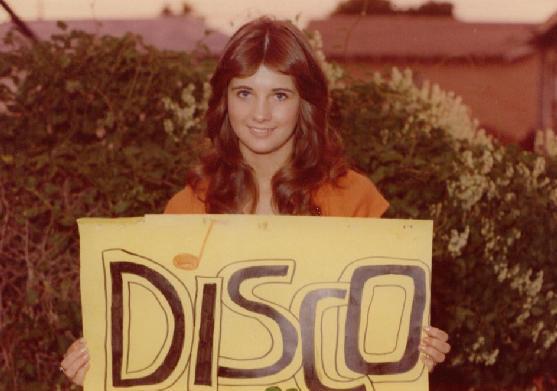The Disco Market Correction

The current malaise facing the music business is nothing more than what Wall Street would call a market correction. “A market correction is sometimes defined as a drop of 10% to 20% over a short period of time (wikipedia).” Over the past three years this is what we have seen in terms of CD sales. A 15-20% drop in sales in consecutive years after over a decade of steady increases. Fear note for, “True fortunes are made during times of economic distress or financial corrections (about.com).”
This is not the time for proclamations that the sky is falling. This is the time to be shrewd and use the current lull to make wise investments and get ahead of innovation. To do that we must understand the cause for the years of profit and the last few years of doom and gloom.
A wily old vet once explained to me the true dilemma that we are facing. Briefly this was my lesson. During the days of disco labels and artists were generating an unprecedented amount of money. Not solely album sales but by astronomical single sales which was a new phenomenon. Seemingly one day in the early 80’s the party was over and disco records were being bulldozed in baseball stadiums (Disco Demolition Delight). Record labels sounded the same alarm we hear today. They were massive layoffs and panic. Then one day at MIDEM Phillips debuted the compact disc . Immediately the answer to the disco demise was staring them in the face.
Fast forward a few years and the compact disc age is born. And with it a way to replace all those lost dollars. Simple business really. Increase margins by raising prices and decreasing costs. CD’s were cheaper to manufacture but because of the novelty of the technology they were able to charge 50-60% more for a CD than for an LP. Better still there was a marketing campaign launched that convinced LP owners that they needed to replace their analog records with a more durable CD. So for the first time you had people re-purchasing content at higher price points.
The next twenty years saw the spectacular success of this new technology. The margins also lulled record labels into changing their business models to focus on this piece of plastic as its primary revenue stream. This also created a new generation of millionaire artists whose wealth was similarly based on the plastic disc. The hole in the plan was that the digital nature of the CD made it ripe for piracy in ways that were logistically impossible for vinyl or cassettes. Pirated copies made for pennies on the dollar that displayed no degradation in sound quality. Then came the MP3 and more comprehensive broadband access.
This unfettered access led the consumer to ask why am I paying $18 for a product that is so easily reproduced. The shroud of the dark side fell and consumers realized the hustle that the business had been running and all hell broke loose. So the twenty years of fairy tale profits for so many has begun to unravel. The music business like the universe itself is attempting to correct itself and achieve a balance. The pendulum now swings in the direction of the consumer. Gleefully pushed along by visionaries such as Steve Jobs, Google, Kazzaa and Napster.
The next compact disc, the next disco wave is brewing. Some may say it is already here with iTunes but the truth is that in order to make money with iTunes margin you need to be…iTunes. They are other opportunities and investments out there. The question is who is going down with the Titanic and who is going to find the 2008 Phillips.
Labels: compact discs, disco, music business

0 Comments:
Post a Comment
<< Home